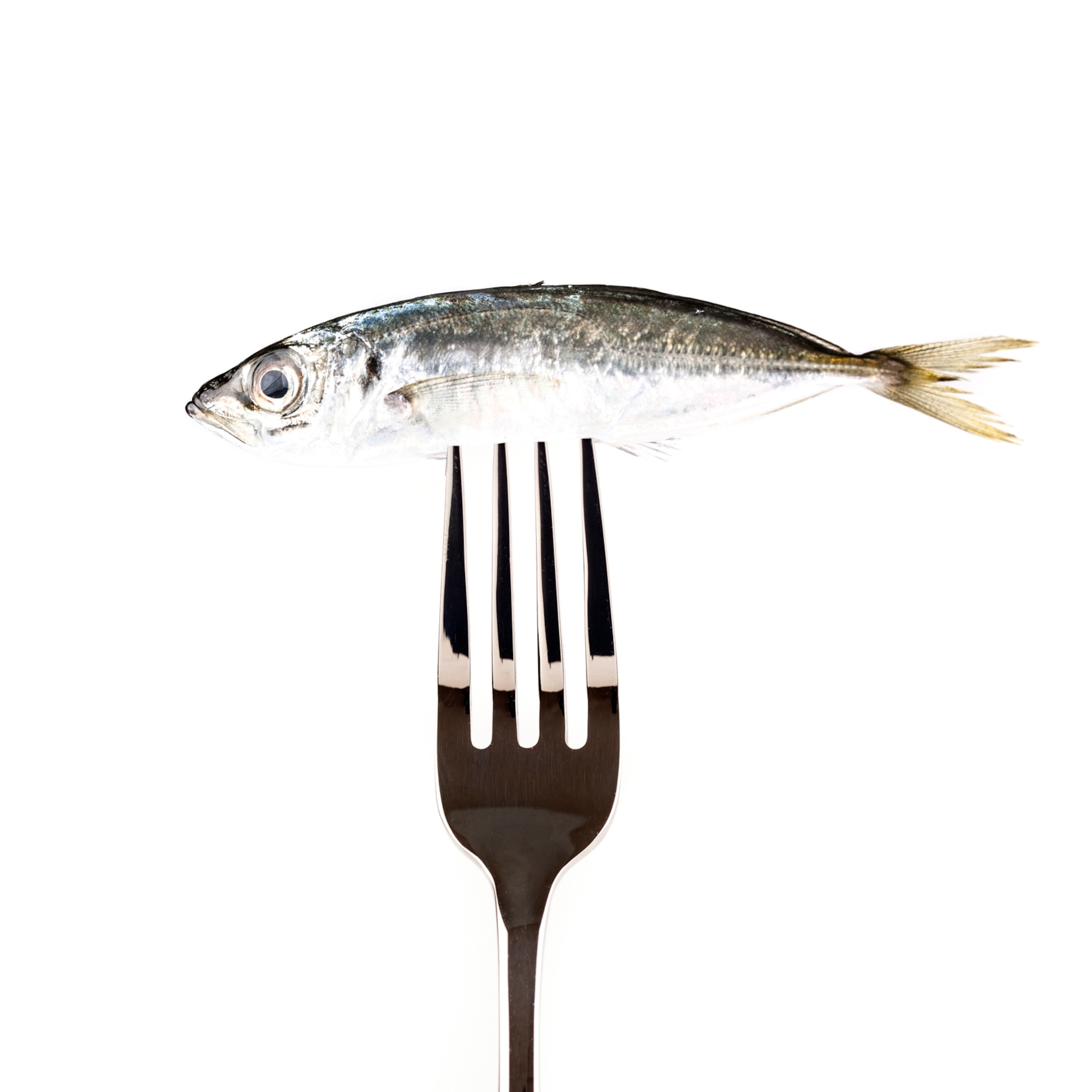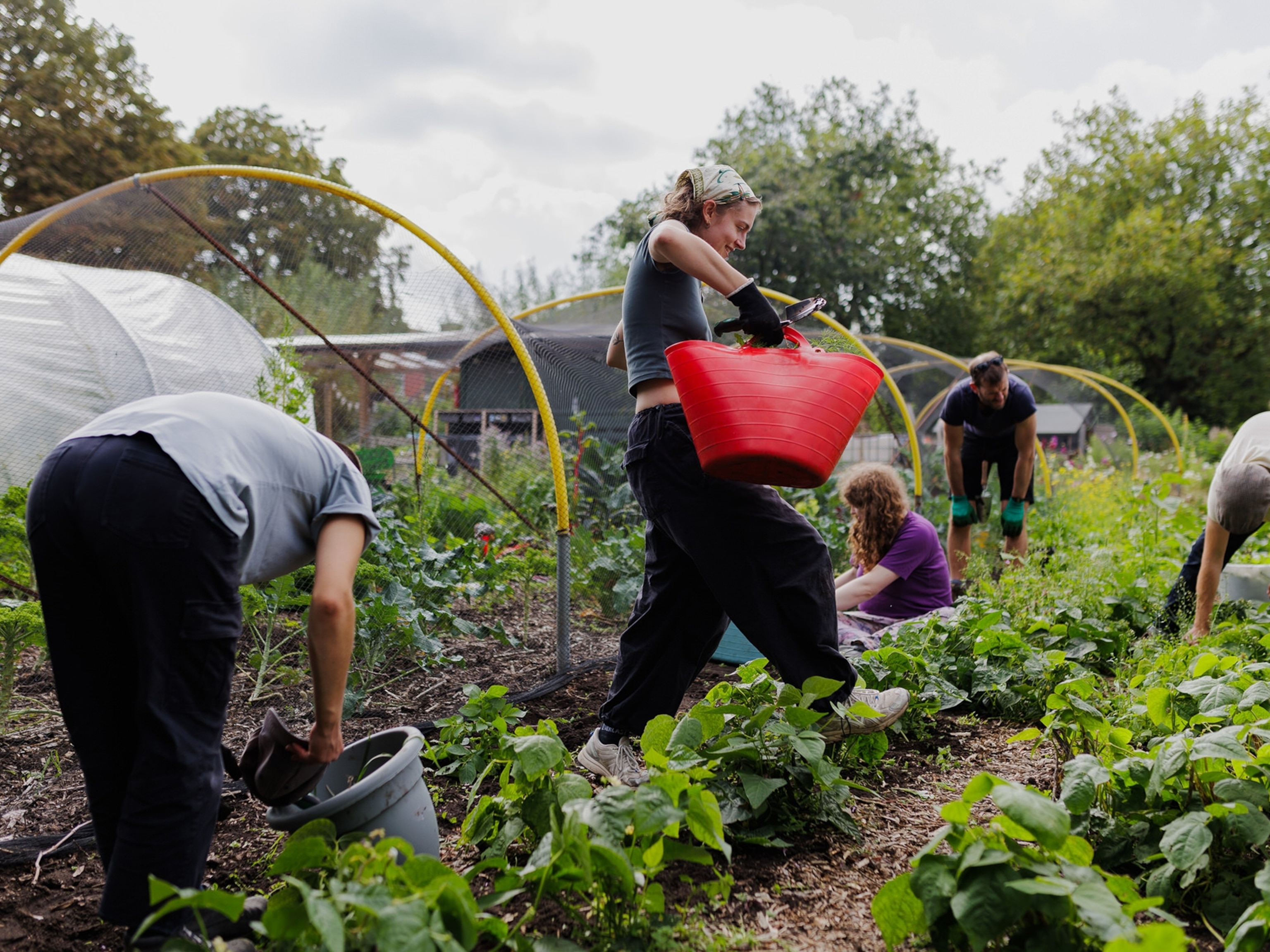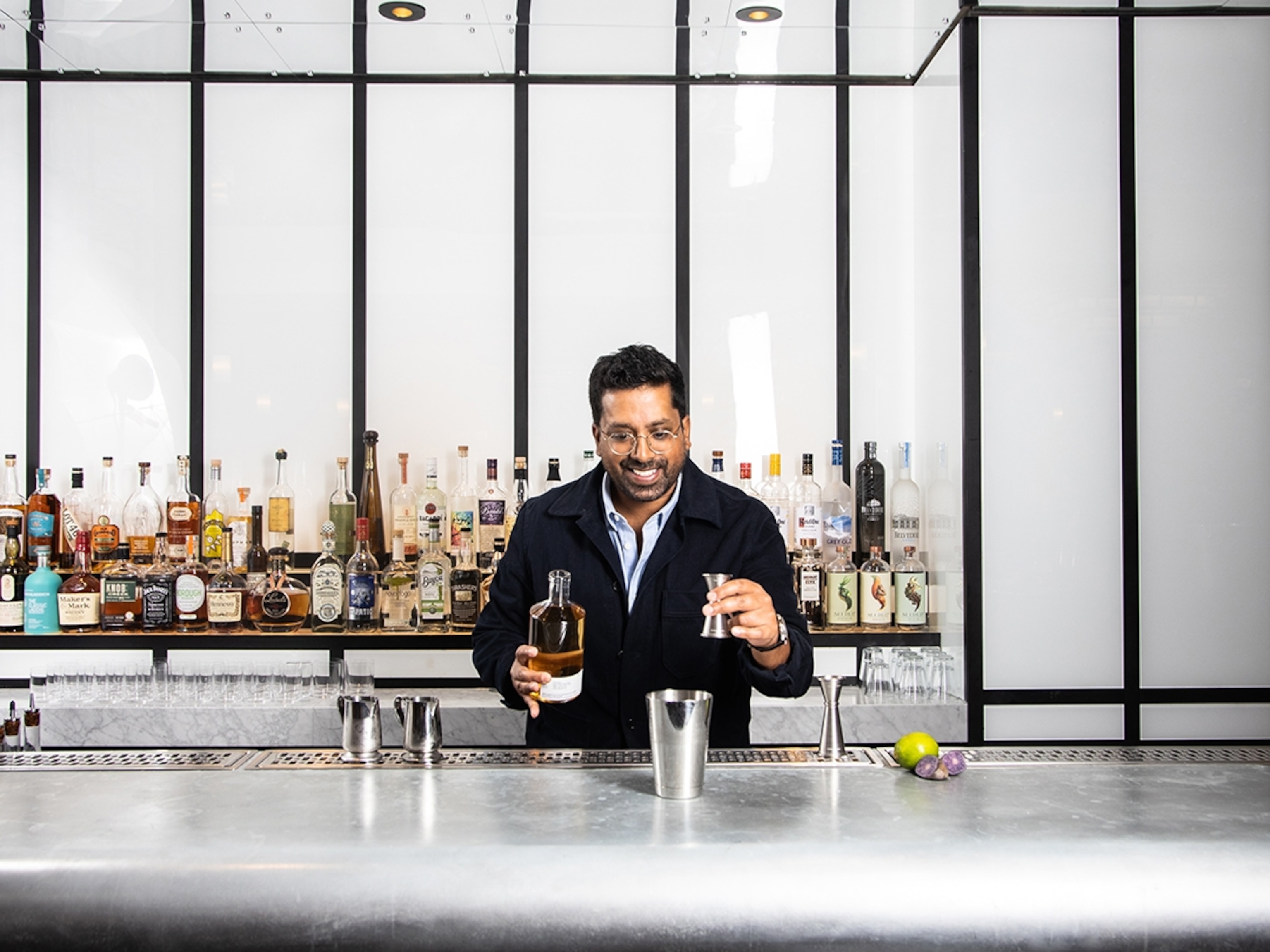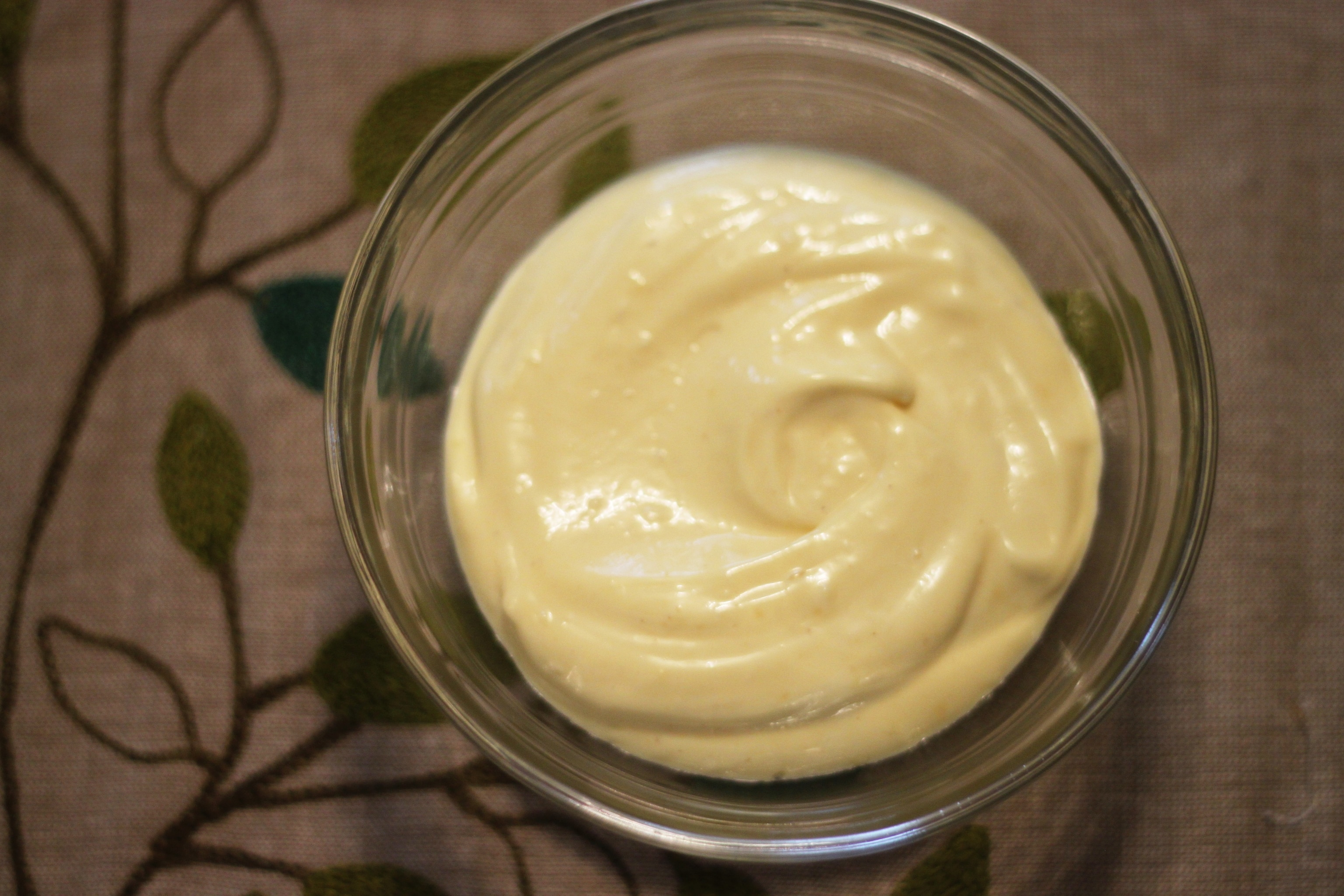
Mayonnaise Manufacturer Sues “Mayo” Maker: On Definitions, Sustainability and Start-Ups
Here’s a question: Is “mayo” mayonnaise?
It may sound like a riddle, but it’s a serious query—potentially millions of dollars serious. And it lies behind a recently filed lawsuit that reveals a David-and-Goliath struggle between a giant, established manufacturer of mayonnaise and a “mayo”-making start-up that has captured the attention of foodies, chefs, animal-welfare activists—and some significant funding of its own.
On Halloween, Unilever—parent corporation for both Hellmann’s and Best Foods mayonnaises—filed suit in New Jersey district court against Hampton Creek Inc., a San Francisco company whose chief product is Just Mayo, a mayonnaise-like spread. Just Mayo is vegan; instead of using eggs to make the characteristic mayonnaise emulsion, it uses a protein extracted from a legume, Canadian yellow peas. Therefore, Unilever said, the company is not entitled to use the term “mayo”—because by federal standard, something that calls itself mayonnaise must contain eggs.
Just Mayo isn’t the first mayonnaise alternative on the market, nor the first to flirt with alternative spellings for the spread. If you’ve ever shopped in a Whole Foods or even an indie health-food store, you might have seen Walden Farms’ Miracle Mayo, or Earth Balance’s Mindful Mayo, or Follow Your Heart’s Vegenaise. But of all those spreads, Just Mayo has become the target of Unilever’s legal action. That may be because, though the newest to market, Just Mayo appears to have soared past the others. Hampton Creek does not divulge its earnings, but it boasts of being the best-selling mayonnaise at Whole Foods, has received backing from Bill Gates and Asia’s richest man, and has secured distribution at Safeway, Costco, WalMart and Target.
It’s that market reach, as much as the ingredient list, that the suit appears to focus on. Unilever did not respond to my email asking for comment, but here are some things the lawsuit says. (The suit was grabbed from the court database and posted by food-law attorney Michele Simon, who writes at EatDrinkPolitics.com.)
“Hampton Creek sells a sandwich spread named Just Mayo in direct competition with Unilever’s Best Foods® and Hellmann’s® brands of mayonnaise. Despite its name, Just Mayo does not contain just mayonnaise. In fact, it is not mayonnaise at all.”
“‘Mayo’ is defined in the dictionary and in common usage as ‘mayonnaise.’ Under federal regulations, common dictionary definitions and as consumers understand it, ‘mayonnaise’ or ‘mayo’ is a product that contains eggs. That ingredient does not exist in Just Mayo. By calling its vegan sandwich spread Just Mayo, Hampton Creek falsely communicates to consumers that Just Mayo is mayonnaise, when it in fact, it is not.”
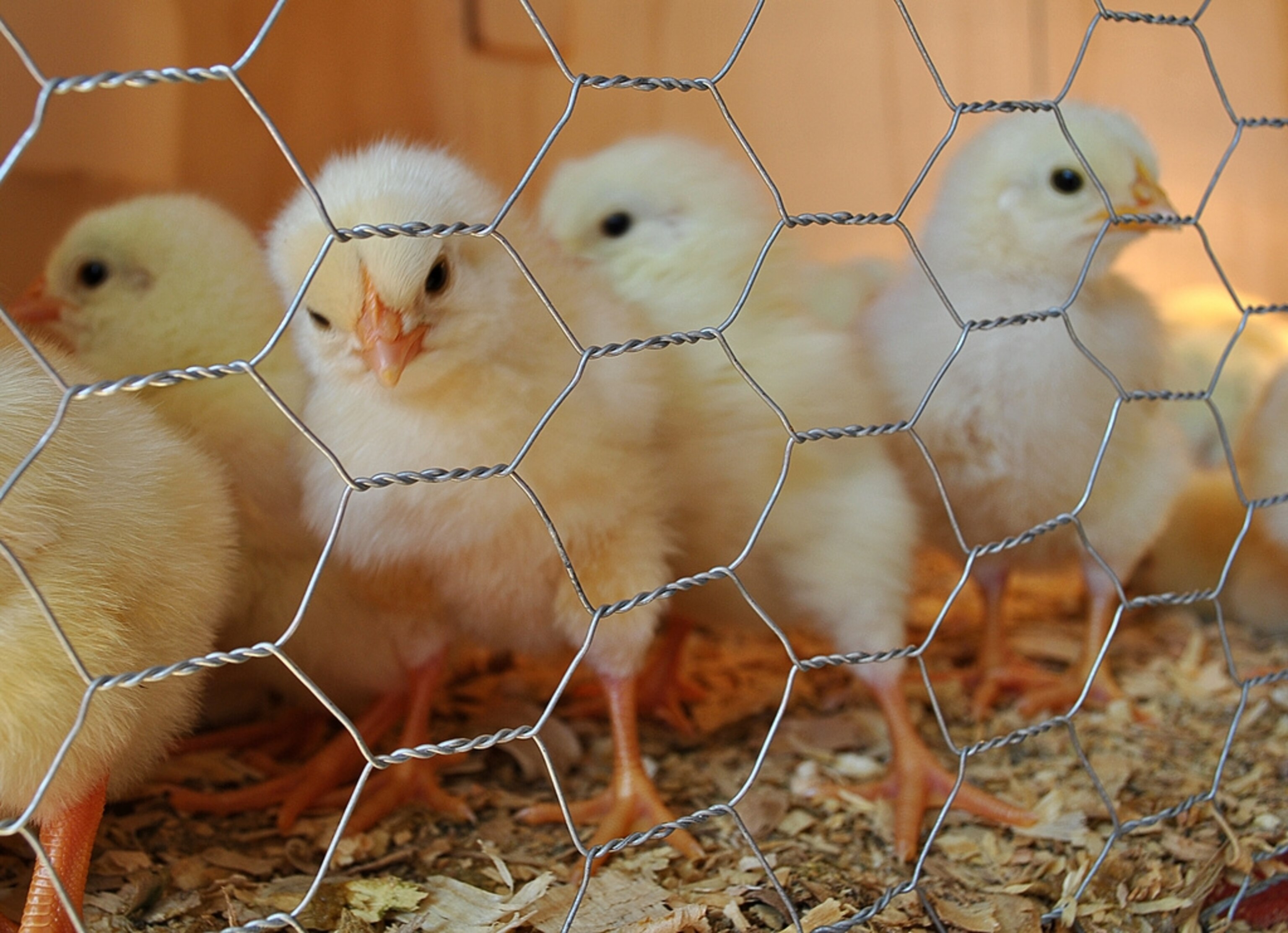
“The Just Mayo false name is part of a larger campaign and pattern of unfair competition by Hampton Creek to falsely promote Just Mayo spread as tasting better than, and being superior to, Best Foods and Hellman’s mayonnaise. The opposite is true.”
“Hampton Creek’s literally-false name and its unsubstantiated superiority claims have already caused consumer deception and serious, irreparable harm to Unilever and to the product category the industry has taken great care to define in a way consistent with consumer expectations. On information and belief, Just Mayo already is stealing market share from Hellmann’s.”
The suit asks that Unilever be allowed to recover Hampton Creek’s profits and three times Unilever’s damages, and that Hampton Creek be permanently enjoined from using the words mayo or mayonnaise.
I asked Josh Tetrick, Hampton Creek’s founder, what he made of this.
“There’s a legal response, and a broader ethical and moral response,” he said in a phone call. “The legal response is that we believe the Food and Drug Administration standard pertains to ‘mayonnaise’—which is why we called our product ‘mayo,’ as other manufacturers have done.
“The broader response is that, we live in a world in which millions of people go to bed hungry every night, and obesity and Type 2 diabetes are rising, and that is not the world we want to live in. Sustainable transformation of the food system is required.”
The sustainability at the back of Hampton Creek’s concept lies in Just Mayo being plant-based and egg-free. That makes the spread not just cheaper than egg-based mayonnaise, but in the company’s view, more humane. As an unrelated campaign against Hellmann’s and Best Foods highlighted last summer, in order to make those mayonnaises, Unilever buys 350 million eggs per year. But only female chickens lay eggs; as part of hatching new laying hens, the egg industry kills and discards millions of male chicks per year.
Watch Farm Forward’s campaign video, which was released to raise awareness of the plight of male chicks in the egg industry.
An odd footnote: Following the campaign, which was led by the nonprofit Farm Forward, Unilever—which was already converting its operations to cage-free eggs—also committed to funding new technology that would prevent male chicks from being killed. That commitment instantly made the company a leader in animal welfare, in line with commitments that its CEO Paul Polman had already made to auditing its supply chain and combatting tropical deforestation.
“The main thing we’re trying to do is give every brand we sell… a social purpose,” he said earlier this year, accepting the CGD/Foreign Policy Commitment to Development “Ideas in Action” Award — the first business leader to receive it. Later in his remarks, he added: “It is desperately needed that we build a new economic world order where we live within planetary boundaries.”
It is odd to see a corporation that bases its operations on sustainability—while measuring its earnings in billions of dollars—going after a smaller company that appears to be following the same path. Does sustainability fall before market share? The legal system may have to sort that out; Tetrick said Hampton Creek will be filing a response.
In the meantime, though, Unilever’s own efforts to walk a sustainable path probably have been obscured by reaction to the suit, which earned headlines earlier this week such as ”Unilever is suing Silicon Valley’s favorite” and “Big Food’s weird war.” Here’s how celerity chef Andrew Zimmern phrases the battle, in an online petition that reached 20,000 signatures Wednesday night:
“When a $60 billion company flexes its muscles to prevent a good-for-the-world startup company from succeeding, there are only two words for that: corporate bullying.”
Update: Unilever emailed me this statement:
“We are a strong supporter of innovation both within and outside our company. Our concern here is not about innovation, it is about misleading labeling as it is not accurate to label the Hampton Creek product as ‘Mayo’ or to reinforce the link with images of ingredients, in this case eggs, that are not even used. In contrast, our Hellmann’s brand is made from real eggs. We simply wish to protect both consumers from being misled and also our brand.”
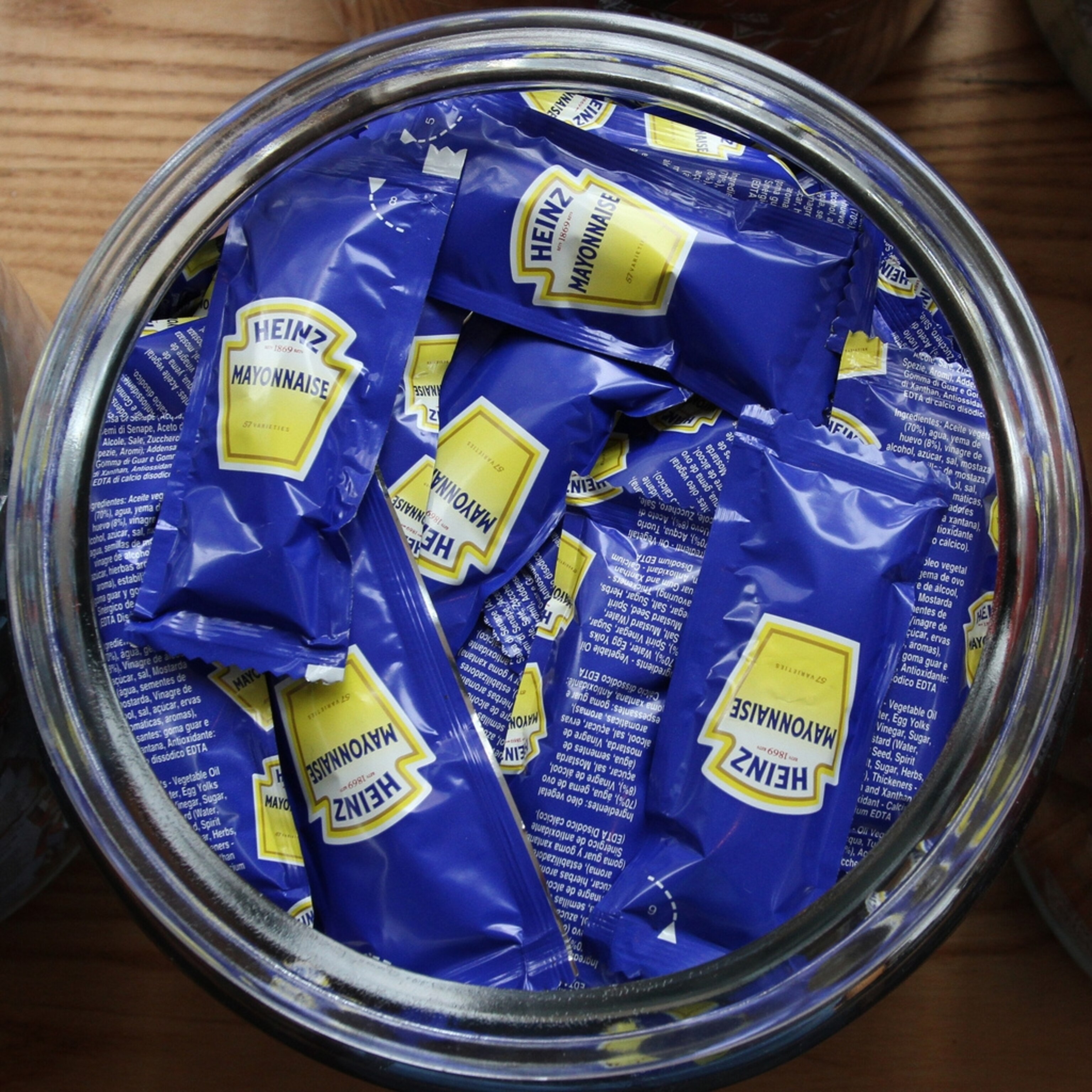
This story is part of National Geographic’s special eight-month Future of Food series.


